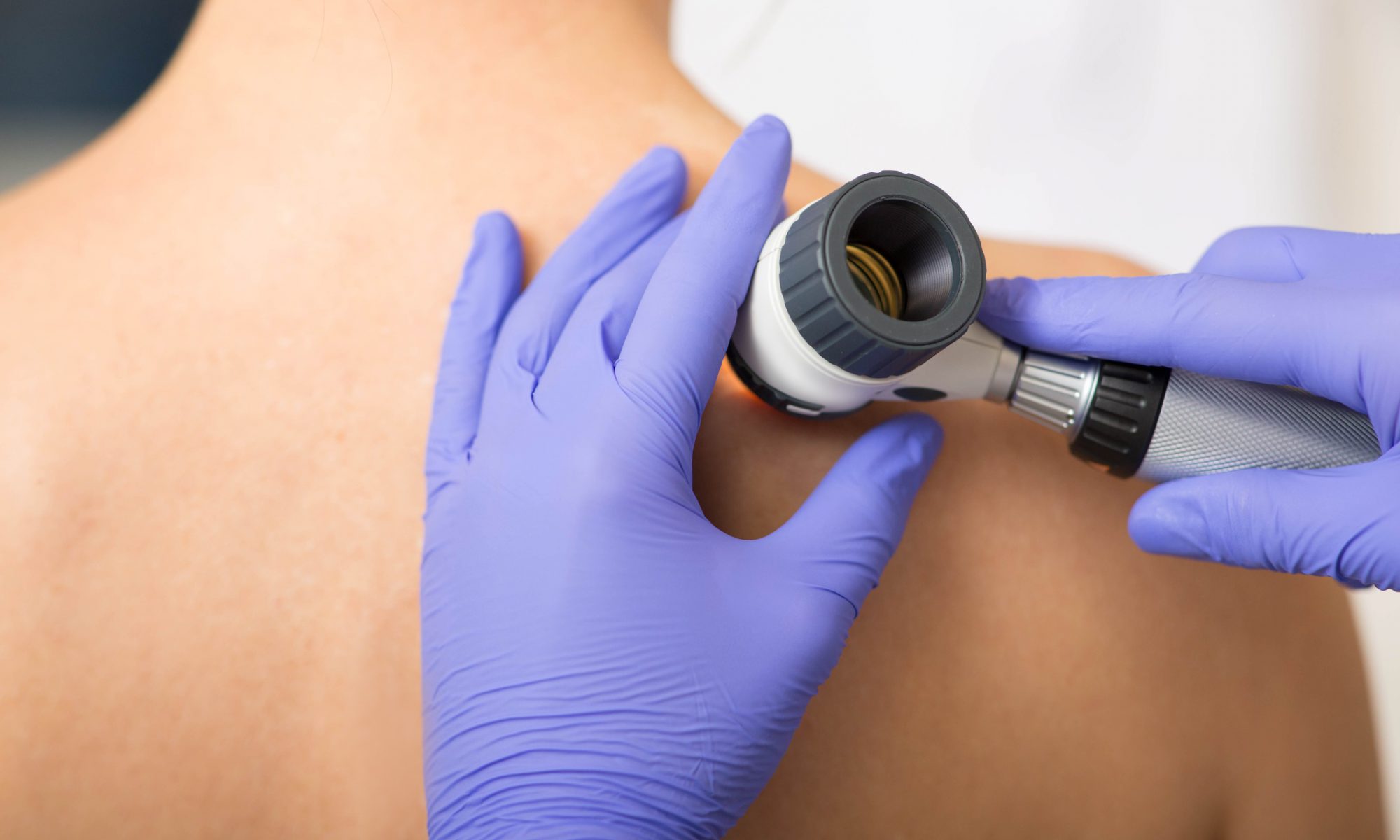The following is a summary of “Thromboembolic complications after COVID-19 in kidney transplant recipients,” published in the September 2023 issue of Nephrology by Artan et al.
COVID-19 is associated with increased thromboembolic risk in the general population, and data is lacking on this risk in kidney transplant recipients. Researchers performed a retrospective study to assess the prevalence and risk factors for thrombotic complications in kidney transplant patients. Read more in Physician’s Weekly.

